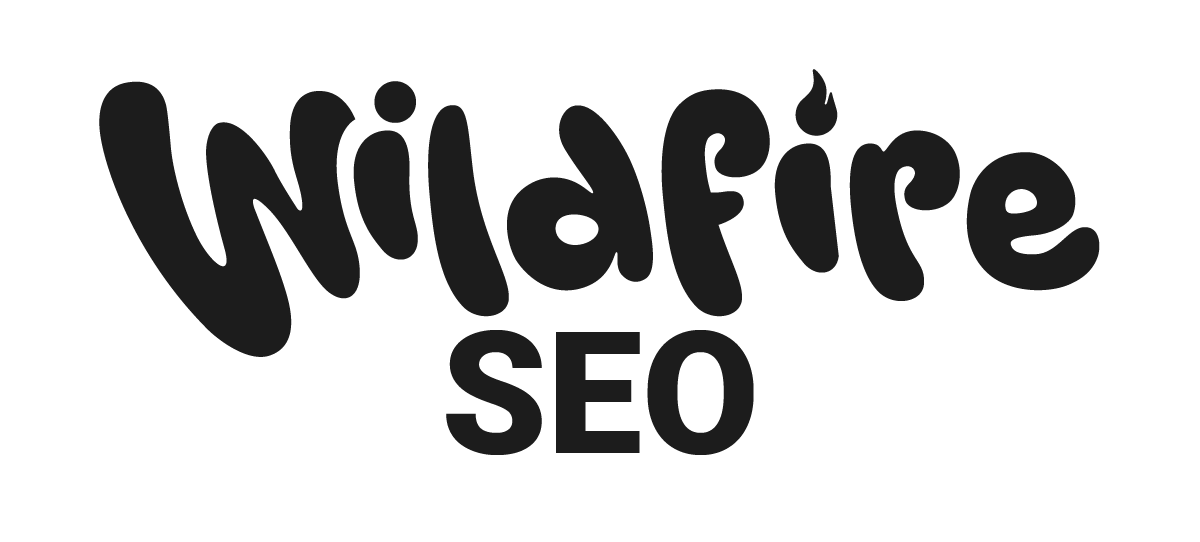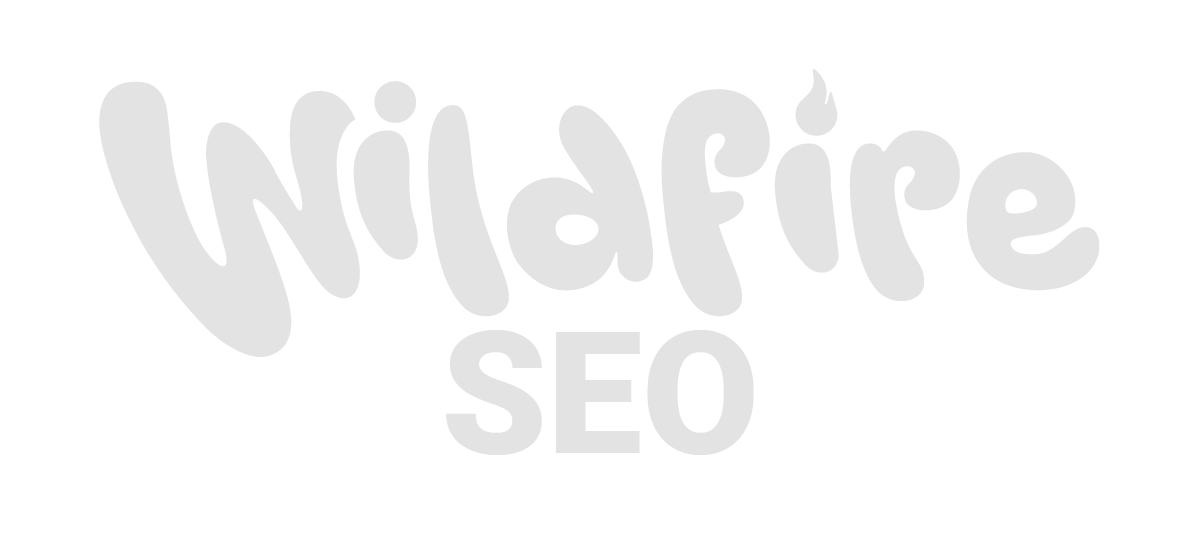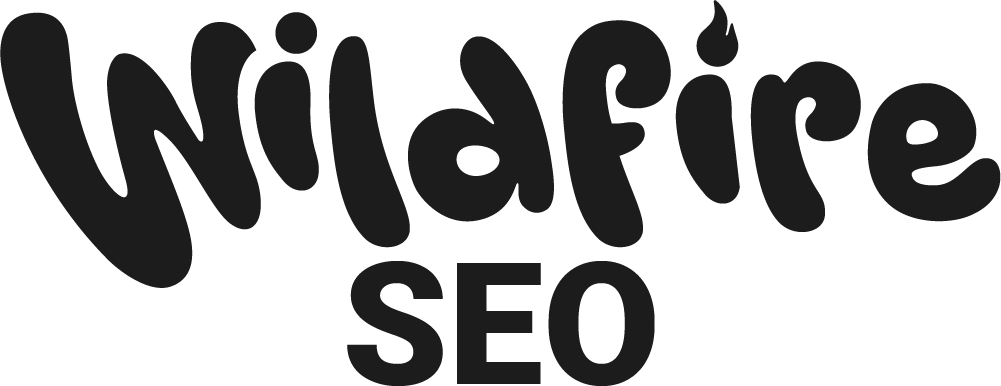
How Google Ranks Local Websites: SEO in South Africa
For any business invested in SEO in South Africa, visibility in local search results is a vital piece of the digital strategy. Whether you’re running a guesthouse in Stellenbosch, a dental practice in Durban, or a legal consultancy in Johannesburg, how you appear in search results directly impacts foot traffic, phone calls, and online leads. But how does Google actually determine which local South African websites deserve to be ranked higher?
Understanding Google’s local ranking factors—and how they specifically apply within the South African context—is not only important but essential to competing in today’s market.
Local Relevance: Google Looks for Location Signals
At the core of local SEO in South Africa lies the principle of relevance—how well your website and business align with a user’s local intent. Google pays close attention to signals such as your listed town, city, or service area, as well as mentions of local landmarks or neighbourhoods. This helps the search engine understand if your business is genuinely local to the user’s query.
Backlinks from other South African websites, particularly local newspapers, business directories, or blogs, play a key role in enhancing local relevance. These links act as digital endorsements, letting Google know that your business is known and recognised within its community.
The Power of Google Business Profile (GBP)
In South Africa, where mobile searches dominate, having a well-optimised Google Business Profile (GBP) can be the difference between invisibility and being featured in the sought-after “map pack.” An accurate, up-to-date GBP helps Google associate your business with a specific geographic area, making it more likely to show your listing when people nearby search for your services.
Optimising your profile—by uploading current images, requesting customer reviews, and selecting precise categories—adds authority and clarity. For South African businesses operating across multiple service areas, defining your region helps extend visibility beyond just your physical address.
NAP Consistency Builds Trust
A simple yet often-overlooked aspect of local SEO in South Africa is NAP consistency—the uniformity of your business’s Name, Address, and Phone number across the web. Inconsistencies in local directories, social platforms, or even on your own website can confuse search engines and users alike, undermining your credibility.
For Google, a consistent NAP presence across platforms like the CIPC database, SA Yellow Pages, and relevant government registries reinforces that your business is legitimate, stable, and locally rooted.
Local Backlinks Matter More Than You Think
For businesses working on SEO in South Africa, earning local backlinks—that is, links from other South African websites—is one of the most impactful strategies available. Unlike generic backlinks from international sources, local links indicate trust within your regional ecosystem.
These could come from community websites, local events pages, chambers of commerce, or regional news outlets. Google values these links as proof that your business has genuine relevance in its immediate environment, helping you climb search rankings accordingly.
Should You Choose .co.za or .com?
When it comes to domain strategy, many South African businesses ask whether a .co.za domain has SEO advantages over a .com one. While Google treats all top-level domains equally in theory, a .co.za domain clearly signals geographic relevance, which can improve local search visibility and build trust among South African consumers.
In short, using a .co.za domain tells both users and search engines that your business caters specifically to South Africa—giving you a subtle but real edge in local search results.
Localised Content Creates Connection
Search engines love fresh, helpful content—and so do users. For effective SEO in South Africa, this means creating locally relevant content. Writing about local topics, referencing neighbourhoods or events, and even using South African languages (such as isiZulu, Afrikaans, or Sesotho) helps you build stronger connections with your audience.
Moreover, local content makes it easier to appear for “near me” or voice searches, which are becoming increasingly common among mobile users in the country.
On-Page Signals That Strengthen Local SEO
Beyond content creation, your on-page SEO plays a key role in local rankings. Including location-based keywords in page titles, meta descriptions, headers, and image alt text all contribute to your visibility in South African search engine results pages (SERPs).
Additionally, implementing structured data—such as LocalBusiness schema markup—provides search engines with clear signals about your physical location and business type, boosting your chance of being shown to the right audience.
Mobile-First Indexing: A South African Imperative
With over 90% of South African internet users accessing the web via mobile, mobile-first indexing isn’t just a recommendation—it’s non-negotiable. Google prioritises fast, responsive websites that work well on smartphones and tablets.
If your website isn’t mobile-optimised, it’s likely to be penalised in rankings, especially for local searches made on the go. South African users expect speed, ease of use, and accessibility, regardless of their device or data limitations.
Hosting and Load Speed: The Local Advantage
Page speed is a ranking factor—and for South African users, locally hosted websites often load faster. Choosing a South African-based hosting provider or using content delivery networks (CDNs) with nodes in the region can significantly reduce latency and improve load times.
Google’s Core Web Vitals, which measure performance metrics like loading speed and interactivity, are more easily optimised when infrastructure is close to your target market.
User Behaviour: The Hidden Signal
Finally, user behaviour signals such as click-through rates, bounce rates, and time on site contribute to your SEO in South Africa. If local users engage with your website—clicking your link, browsing multiple pages, or calling you directly—it sends positive signals to Google about the relevance and usefulness of your site.
Conversely, high bounce rates or short visits may indicate a poor experience, causing rankings to drop over time.
SEO in South Africa isn’t just about checking boxes—it’s about building trust, relevance, and visibility within your local community. From domain selection and content localisation to backlinks and hosting infrastructure, every factor plays a role in how Google ranks your website locally.
At Wildfire SEO, we specialise in helping South African businesses rise through the rankings. Contact us today to learn how we can ignite your local SEO strategy and put your business on the digital map.



